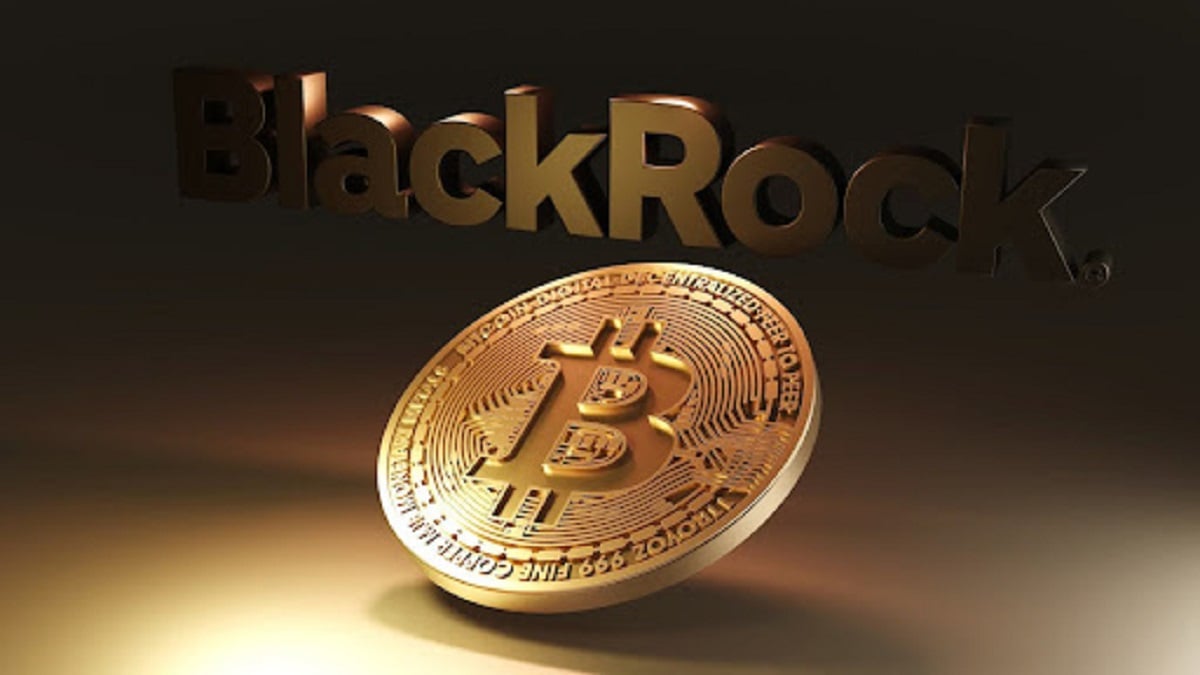
- The introduction of Real World Assets (RWA) tokenization by BlackRock signifies a transformative approach wherein assets ranging from bonds to real estate are converted into blockchain-based digital tokens.
- This initiative promises enhanced liquidity, transparency in ownership, and broadened access to previously inaccessible investment opportunities.
In a groundbreaking move towards digital transformation, BlackRock, the world’s largest asset manager renowned for its Bitcoin ETF launch earlier this year, has unveiled plans to tokenize a sizeable portion of its assets under management, in collaboration with Securitize.
Carlos Domingo, Co-founder and CEO of Securitize, hailed the partnership as a significant step towards enhancing accessibility to traditional financial products through digitization. The move underscores BlackRock’s commitment to innovation and sets the stage for a profound shift in investment strategies.
This initiative marks the advent of Real World Assets (RWA) tokenization, wherein assets ranging from bonds and equity to real estate and cultural assets are converted into blockchain-based digital tokens. This innovative approach promises increased liquidity, ownership transparency, and democratized access to previously inaccessible investment opportunities.
In March 2024, BlackRock made headlines with the launch of its inaugural tokenized fund, the BlackRock USD Institutional Digital Liquidity Fund (BUIDL), issued on the Ethereum blockchain. Robert Mitchnick, Head of Digital Assets at BlackRock, emphasized the company’s dedication to developing digital asset solutions that address tangible client needs, expressing enthusiasm about collaborating with Securitize on this endeavor.
As per the earlier reports, BlackRock’s BUILD fund has already seen strong demand attracting nearly $250 million within days of launch, per the Crypto News Flash report. The tokenization market is likely to witness substantial expansion, starting with a valuation of USD 2.39 Billion in 2022 and forecasted to soar to USD 9.82 Billion by 2030. This growth trajectory represents a compound annual growth rate (CAGR) of 19.6% between the forecast period of 2023 and 2030.
Leveraging Security Tokens and Utility Tokens
Security tokens represent ownership or interests in real-world assets and are subject to regulatory oversight. Embracing security tokens in real estate enables the trading of tokenized property shares, unlocking avenues for income generation and asset appreciation. This approach significantly boosts market liquidity, enabling dynamic investment strategies and broadening the investor base.
In contrast, utility tokens serve as an ownership representation for the entire asset, akin to a single-family home, and are not considered securities, thus exempt from SEC filing requirements. Commonly referred to as NFTs or RWA NFTs, these tokens can be further divided into shares, potentially classifying them as securities.
Both forms of tokenization require KYC/AML verification for participating wallets to comply with securities and relevant real estate laws.
A recent discourse initiated on asset tokenization has ignited substantial interest, underscoring the growing excitement and anticipation surrounding its potential. Positioned at the forefront of this transformative shift, the ramifications for investors, businesses, and the broader economy are profound. By dismantling investment barriers and introducing new levels of adaptability and accessibility, tokenization has the power to significantly expand the investment landscape.
[embedded content] Source











